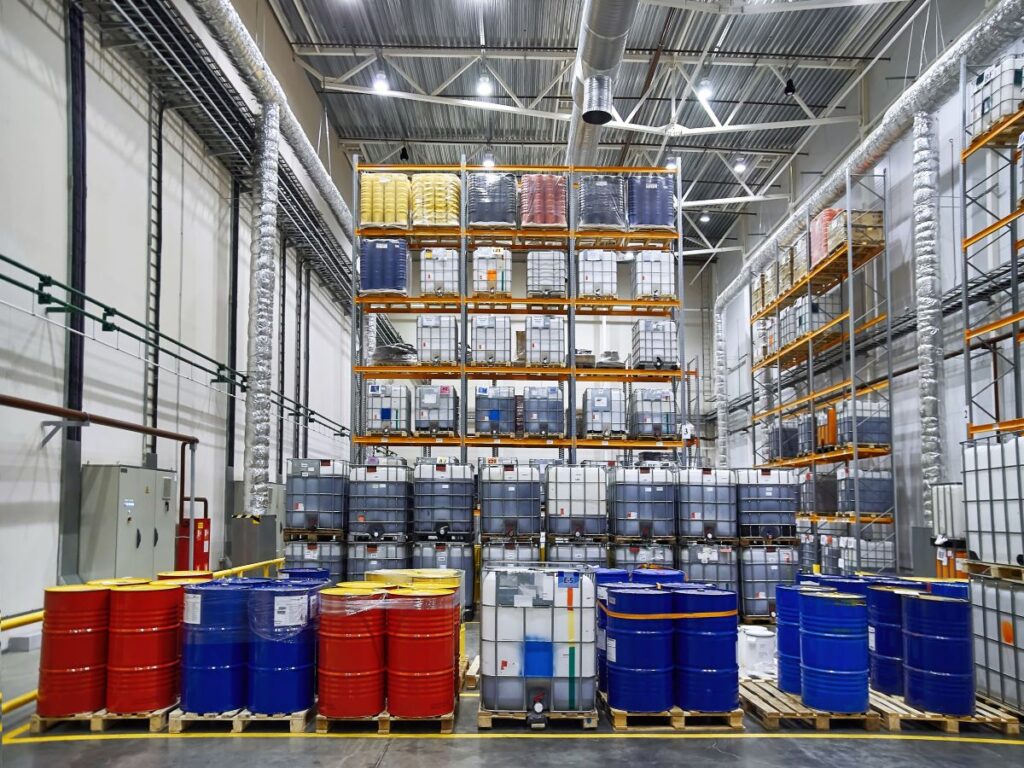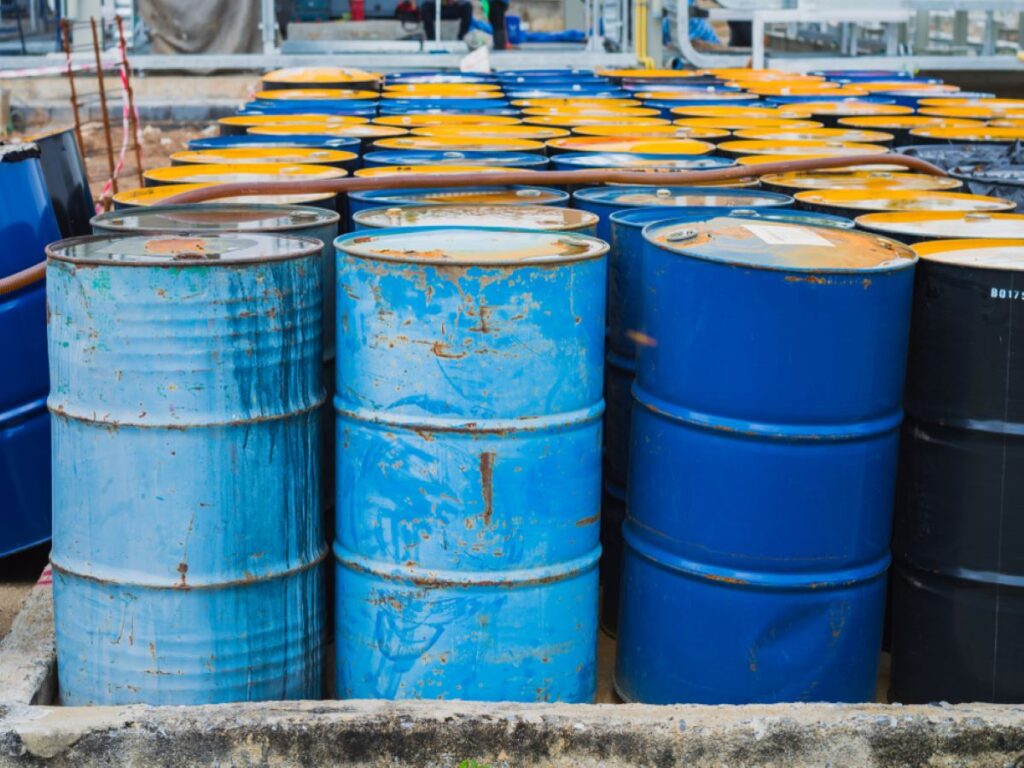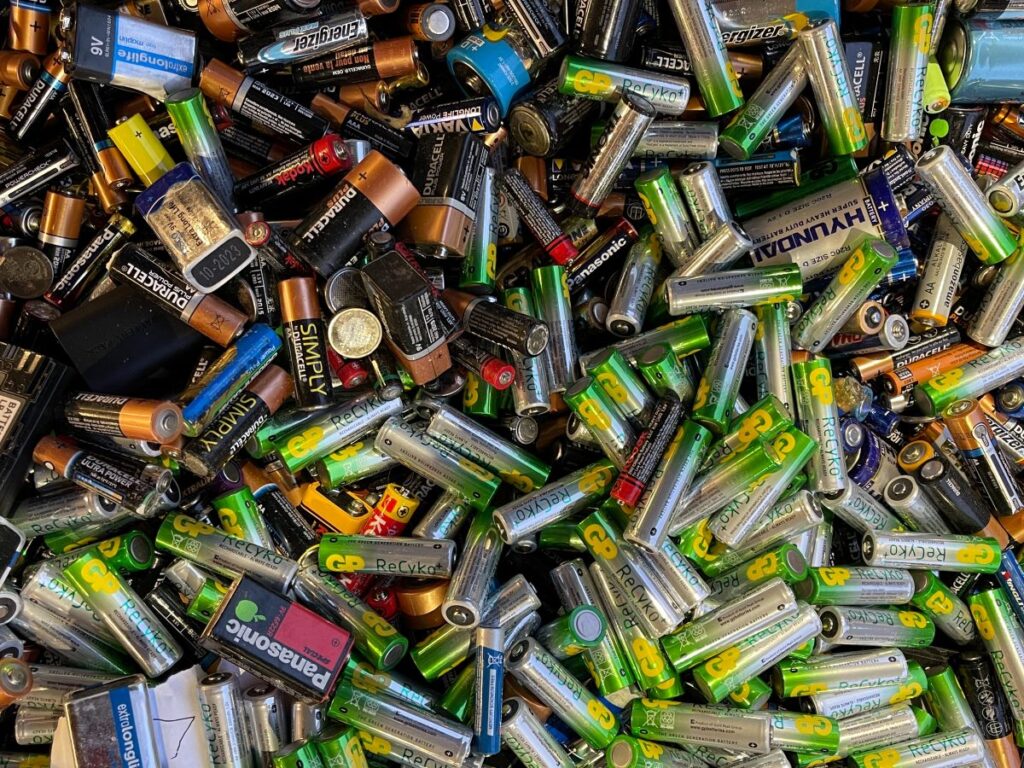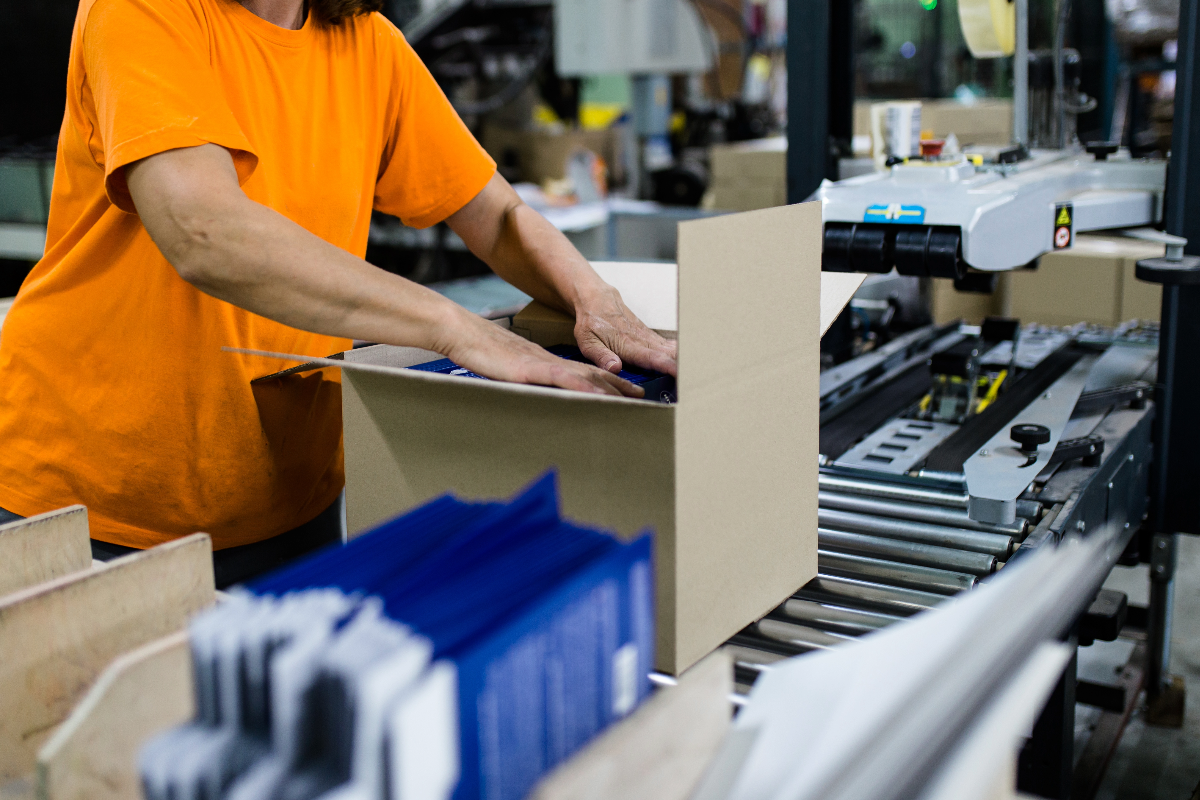BLOG
Staying Safe with Hazardous Waste

Hazardous waste can come in many forms, and, if it’s not managed properly, it can be incredibly dangerous to the environment and humans.
What is hazardous waste?
The Environment Agency states that waste is considered hazardous if it can be dangerous to people and the environment or contains harmful materials and substances. This kind of dangerous waste can come in a variety of shapes and forms. Liquid waste such as oils, chemical lab waste and solvent waste are classed as hazardous along with solid items, such as biological waste and contaminated packaging. Other items such as asbestos, batteries and WEEE waste also come under the umbrella of hazardous waste.
A lot of this type of waste can cause immediate damage, but some can cause slower, long-term damage. Therefore, any items classified as hazardous waste must be collected, transported, and disposed of correctly and separated from other types of waste to ensure everyone’s safety. If it isn’t disposed of correctly, it can have damaging effects on the environment, such as water pollution or land contamination.
How should you store hazardous waste?
Due to how dangerous it can be, it’s important to store hazardous waste separately and carefully. If chemicals leak, they can cause serious damage to watercourses, animals, crops, and even humans. Smaller hazardous items can go into a ‘Haz Box’. This is a safe and secure box that can store small office waste and is approved for us to collect. These can be exchanged for an empty box when we collect it. For larger scale operations, it’s always best to be stored in a separate dedicated area, ideally in a lockable container. You should always store your waste in approved packaging, such as IBCs or drums.


What are the hazardous waste disposal regulations?
There are lots of regulations in place to ensure that hazardous waste is disposed correctly to keep everyone involved safe. The 2005 Hazardous Waste Regulations state that businesses that produce over 500kg of hazardous waste must register with the Environment Agency as a hazardous waste producer. The UK government requires companies that produce hazardous materials to transport it to a facility that is authorised for its treatment, storage, and disposal. All businesses have responsibilities, known as their ‘Duty of Care’. This means that it’s required for companies not to harm the environment and humans. Therefore, you must deal with your waste carefully and select a location and waste carrier that is permitted to take your waste.
How should you dispose of it?
There are various ways to safely treat and dispose of your hazardous waste in line with the regulations in place. Once we’ve established the best method to dispose of your waste, we can provide experienced ADR-trained drivers, capable of dealing with a range of hazardous materials from drums to large tankers, will collect your waste without causing any disruption. You’ll also receive compliant documentation for the waste we’ve collected.
Once collected, there are various ways the hazardous materials can be managed. We will try to recover and recycle as much of your waste as possible. Depending on the type of waste, it could go through solvent extraction, washing and recycling, or waste to energy recovery. Items such as batteries are separated to be recycled. Paint cans are often washed to remove any harmful materials, leaving a metal can that can then be easily recycled. This can have plenty of benefits, such as protecting the environment, preserving finite resources, and lessening our dependency on energy and raw material.
If the waste can’t be recycled, it can be transformed at the molecular level and neutralised. This is when the acids and alkalis are blended together to get a neutral PH level in the material. This means it can then be sent to cement kilns or incinerators to be burned safely. This, unfortunately, is not the case for every hazardous material. Asbestos can’t be recycled as it’s too dangerous so is transported to deep landfill.
Contact us
Need help managing your business’ hazardous waste? Get in touch today to learn more about our removal, disposal, and collection services.




